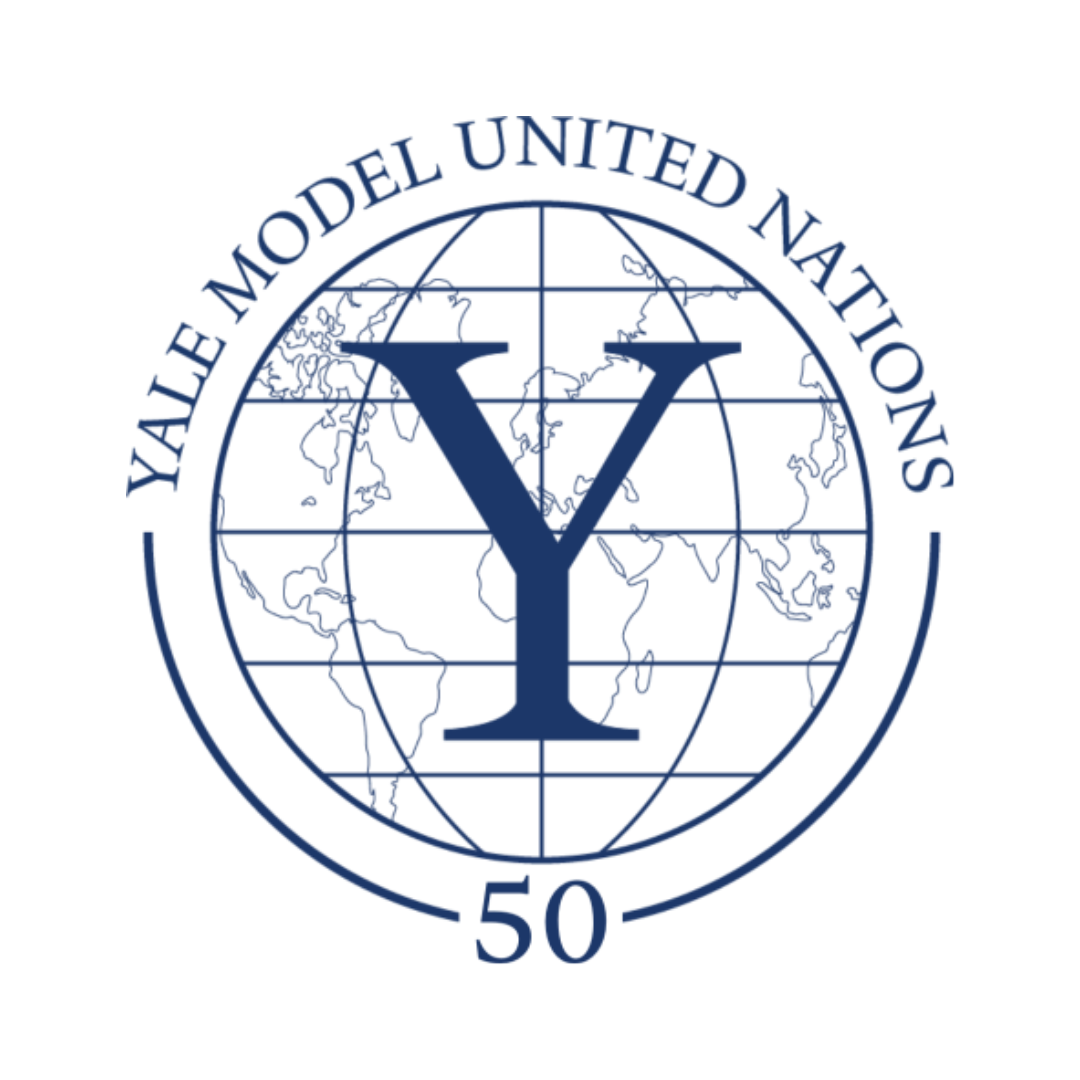Awards Criteria
Yale Model United Nations is, above all, a conference designed to teach, empower, and encourage student leadership within an academic environment. For many delegates, winning a MUN award is considered the peak of MUN success. Whereas delegates should also make sure to thoroughly enjoy their experiences, engage fully in debate, and meet and work with other delegates, awards can still be an important part of a MUN conference, as a means to recognize delegates for their strong and effective participation and leadership in committee. In order to be eligible for individual awards, delegates are required to submit their position paper according to the instructions here. This year, YMUN will feature both individual and delegation awards, which will be presented at Closing Ceremonies on Sunday, January 26, 2025.
Individual Awards: Each committee will offer three categories of awards to its delegates: Best Delegate, Outstanding Delegate, and Honorable Mention. Number of awards available is dependent on committee size and organ. Award criteria is based on the following three categories of achievement:
Participation:
This criteria seeks to evaluate the delegate’s skill in impromptu speaking, interaction with other delegations, and participation strategy in committee sessions.
Participation will be evaluated both through participation in the form of speeches, but also through leading debate, sending private messages, engaging with other delegates and the chairs, and writing working papers and resolutions.
Participation will also be evaluated based on a delegates’ ability to contribute to the general committee’s course of action and debate.
2. Skill:
This criteria seeks to evaluate the delegate’s ability to speak with eloquence and conviction in committee sessions, to work well alongside other delegates in their block, and to maneuver and lead the committee through its discussion of the topics at hand.
Skill will not solely be evaluated on knowledge and fluency in MUN parliamentary procedure, but in public speaking, teamwork, and resolution writing skill as well.
3. Sportsmanship:
The criteria of sportsmanship will evaluate the delegate’s ability work alongside other delegates in their committee, and to contribute to the general course of debate
Delegates who push others to speak and perform well, who support the initiatives and goals of their peers, and who are able to effectively communicate and interact in a group setting alongside fellow delegates.
This criteria seeks to reward delegates who are able to effectively promote their own initiatives, while also serving as leaders in their committee that are able to teach and inspire others to participate and thrive.
Delegation Awards: Delegation awards are decided based on the overall performance of delegates within a delegation. There will be one Outstanding Delegation and one Best Delegation Award for each category of delegation. There are two types of delegations: Small Delegations are delegates with 15 students or less, and a Large Delegation qualifies as a delegation with over 15 delegates.

